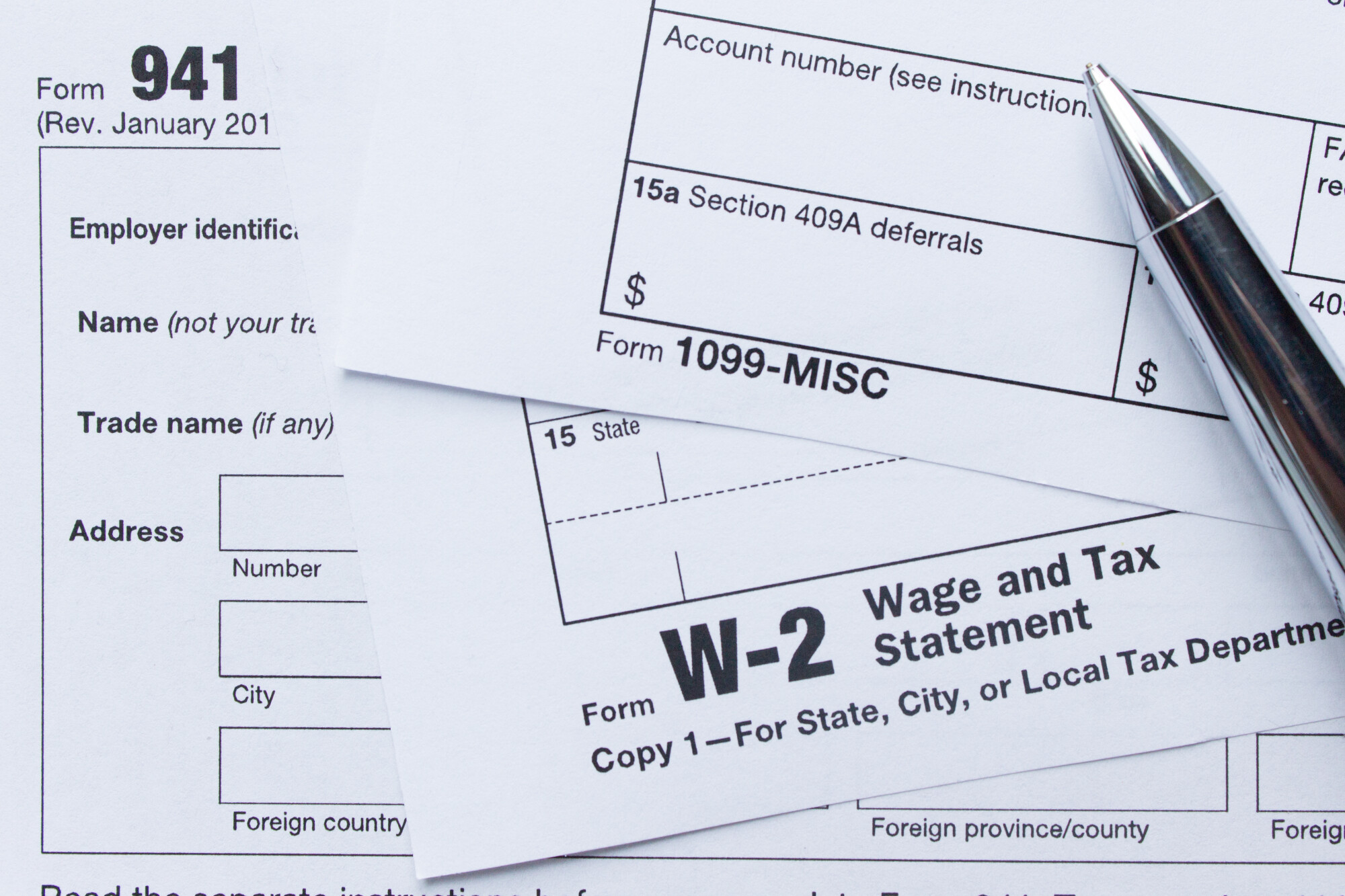
Michigan Labor & Employment Law Blog
 In a June 2022 study by Gallup.com, 8 in 10 employees are working hybrid or entirely remote, while only 2 in 10 are entirely on-site.
In a June 2022 study by Gallup.com, 8 in 10 employees are working hybrid or entirely remote, while only 2 in 10 are entirely on-site.
 Introduction and Scope of New Rule
Introduction and Scope of New Rule
With a stated goal of countering money laundering, the financing of terrorism and other illicit activities (including those of Russian oligarchs currently under U.S. sanctions), Congress passed the Corporate Transparency Act (CTA) in January 2021 as part of the National Defense Authorization Act. In 2022, the Department of Treasury’s Financial Crimes Enforcement Network (FinCEN) began to publish rules in its efforts to begin enforcement of the CTA likely beginning on January 1, 2024.
 On January 5, 2023, the U.S. Federal Trade Commission (FTC) issued a proposed new regulation that would broadly prohibit employers from using or enforcing noncompete agreements with employees, former employees, contractors, or other workers.
On January 5, 2023, the U.S. Federal Trade Commission (FTC) issued a proposed new regulation that would broadly prohibit employers from using or enforcing noncompete agreements with employees, former employees, contractors, or other workers.
 As the working environment changes, so do the expectations of the talent pool. In the new year, employers should keep some crucial things in mind when attracting and retaining talent.
As the working environment changes, so do the expectations of the talent pool. In the new year, employers should keep some crucial things in mind when attracting and retaining talent.
 This past year brought about significant changes to Michigan employment law, especially in regards to minimum wage and paid sick leave.
This past year brought about significant changes to Michigan employment law, especially in regards to minimum wage and paid sick leave.
In 2022, the Michigan Court of Claims reinstated Michigan’s original Improved Workforce Opportunity Act (IWOWA) and Earned Sick Time Act (ESTA), ruling that the adopt and amend tactic used to pass the Paid Medical Leave Act were unconstitutional under Michigan’s Constitution. This ruling immediately voided the Paid Medical Leave Act and the amended version of the IWOWA, reinstating all provisions of the 2018 IWOWA and ESTA. The Court of Appeals did issue a stay until February 19, 2023.
So how did we get here, and what does this mean for employers moving forward?
 One of the most concerning trends in employment law today is employee misclassification. Stringent labor protections put in place by the government, the increased use of of independent contractors and explosion in the gig economy means that the burden is on employers not only to classify employees correctly, but also to treat them strictly within the boundaries of the law under that classification.
One of the most concerning trends in employment law today is employee misclassification. Stringent labor protections put in place by the government, the increased use of of independent contractors and explosion in the gig economy means that the burden is on employers not only to classify employees correctly, but also to treat them strictly within the boundaries of the law under that classification.
 A non-competition agreement – also known as a non-compete agreement or non-compete clause – is a stipulation often found in employee contracts that prohibits an employee from engaging in the same type of business with another employer if they leave their current job.
A non-competition agreement – also known as a non-compete agreement or non-compete clause – is a stipulation often found in employee contracts that prohibits an employee from engaging in the same type of business with another employer if they leave their current job.
These clauses have been in employers’ toolboxes for decades, largely to protect proprietary information and trade secrets from competition. However in the past few years, non-competes have come under fire from the Biden Administration.
Knowing this, our team has put together some key points on non-competes, laws that govern them, and changes that we’re seeing in the Biden Administration.
 Every employer and HR department has reviewed wage and hour laws, but even for the most experienced companies, a few common questions always come up.
Every employer and HR department has reviewed wage and hour laws, but even for the most experienced companies, a few common questions always come up.
- How much do I have to pay?
- What will wages look like in the next few years?
- Does a bonus affect overtime?
- What type of damages could I face if I don’t pay employee's properly?
- How do I stay out of the crosshairs of the government?
Some of the answers might not be as straightforward as you’d think. Below, we’ve put together some of the most important points on the basics of wage and hour laws and what employers need to know.
 For human resources professionals, a new year serves as a natural jumping off point for a check-in on best practices concerning company policies, compliance with employment statutes, and good record keeping. To make your job easier, we are providing you three tools to help you with a self-audit:
For human resources professionals, a new year serves as a natural jumping off point for a check-in on best practices concerning company policies, compliance with employment statutes, and good record keeping. To make your job easier, we are providing you three tools to help you with a self-audit:
- Checklist for Compliance with Employment Related Statuses
- Checklist for Employment Policies, Practices and Forms
- Records Retention Requirement Chart
 President Biden's recent COVID-19 vaccination mandate for businesses with 100 or more employees could come with enormous fines for offenders. Page 168 of the $3.5 trillion "reconciliation" bill highlights a tenfold increase in fines for employers that "willfully" or "repeatedly" violate the mandate.
President Biden's recent COVID-19 vaccination mandate for businesses with 100 or more employees could come with enormous fines for offenders. Page 168 of the $3.5 trillion "reconciliation" bill highlights a tenfold increase in fines for employers that "willfully" or "repeatedly" violate the mandate.
